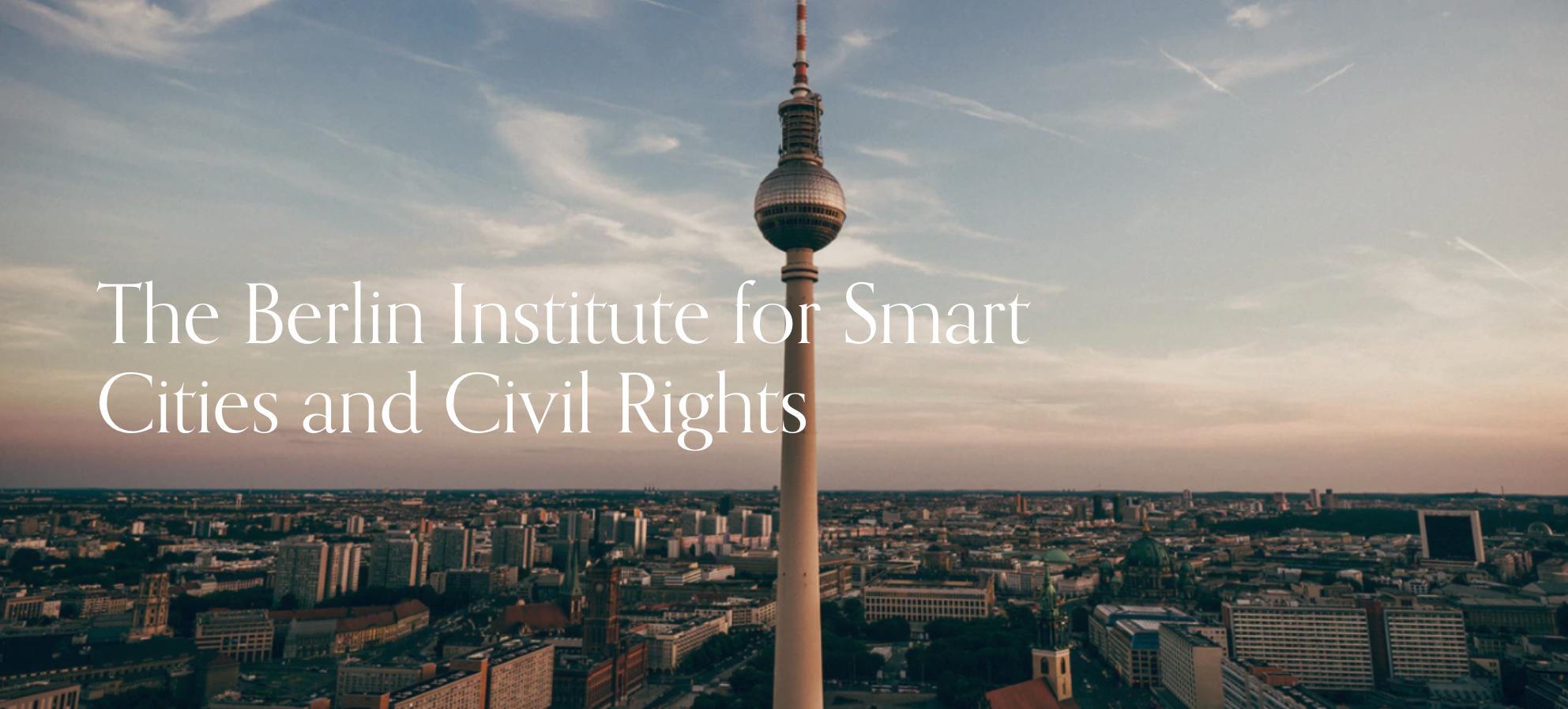Earlier this year, as preparation for some research & policy input for the German government, we dug into the current state of research around connected cities.
The lense we applied was that of how a smart city would impact societal life, responsive government, and of course the power balance between citizenry, administration, large companies and the infrastructure itself.
While our report is yet to be released, I just read a piece by Paul Mason in The Guardian where he takes a critical stance on smart cities and identifies some major changes we can expect when heading for a smart city (emphasis mine):
The privacy issues [with smartphones that by design are also tracking devices] are dealt with by limiting the flow of data between public and private sectors, and by making the individual the centre of the information flow. But in a smart city, you need data to flow freely across sectors that, in the commercial world, would normally be separate. The energy system needs to know what the transport system is doing. And the whole thing needs to be run like a “God game”: the city government, not the individual, must exercise control.
This idea of the need for (and opportunity inherent in) a central control instance certainly is an inherent premise of the vision that smart city vendors often try to push. (Why Mason seems to buy this I cannot tell – otherwise his piece is very critical and thorough.) It’s not a premise we need to accept and in fact I think we mustn’t accept.
A truly smart city for me requires decentralization, openness, democratic oversight, and the ability for bottom-up innovation.
A centralized coordinating and controlling instance – the central instance of a “God game” – is the opposite and as such a barrier to, rather than a requirement for, the smart city.
Current “pure play” smart cities like Masdar or Songdo may be “smart” in the sense that they use lots of data and adapt to it – thriving cities they are not.
And (again quoting Paul Mason) Madrid is going exactly that hopeful road:
Manuela Carmena asked advisers: what are the social problems we want technology to solve? The result was the vision of a “non-neoliberal smart city”, incorporating three principles not welcome in the world of high-profit tech companies: openness, democratic participation and a clear policy that data generated from public services should be publicly owned. “Rather than keep funding proprietary systems with public money, support open-source collaborative technologies,” Carmena was advised. Instead of beginning with the transport system, the first deployment of new technology should allow citizens to “raise issues of corruption, equity in the distribution of resources and open the question of access to power”.
This is pretty much what I’d also recommended.
Concretely, I’d recommend to build the Connected City Policy after the principles that governed the early days of the open internet: Openness, decentralized architecture, bottom-up innovation, and Postel’s law (the so-called robustness principle).
Then we can build the city as a platform that is decentralized, open source, and hackable; That empowers citizens and enables private enterprises to innovate; And that is especially responsive and resilient through inclusivity, diversity, peer-review, and human-centric design.

